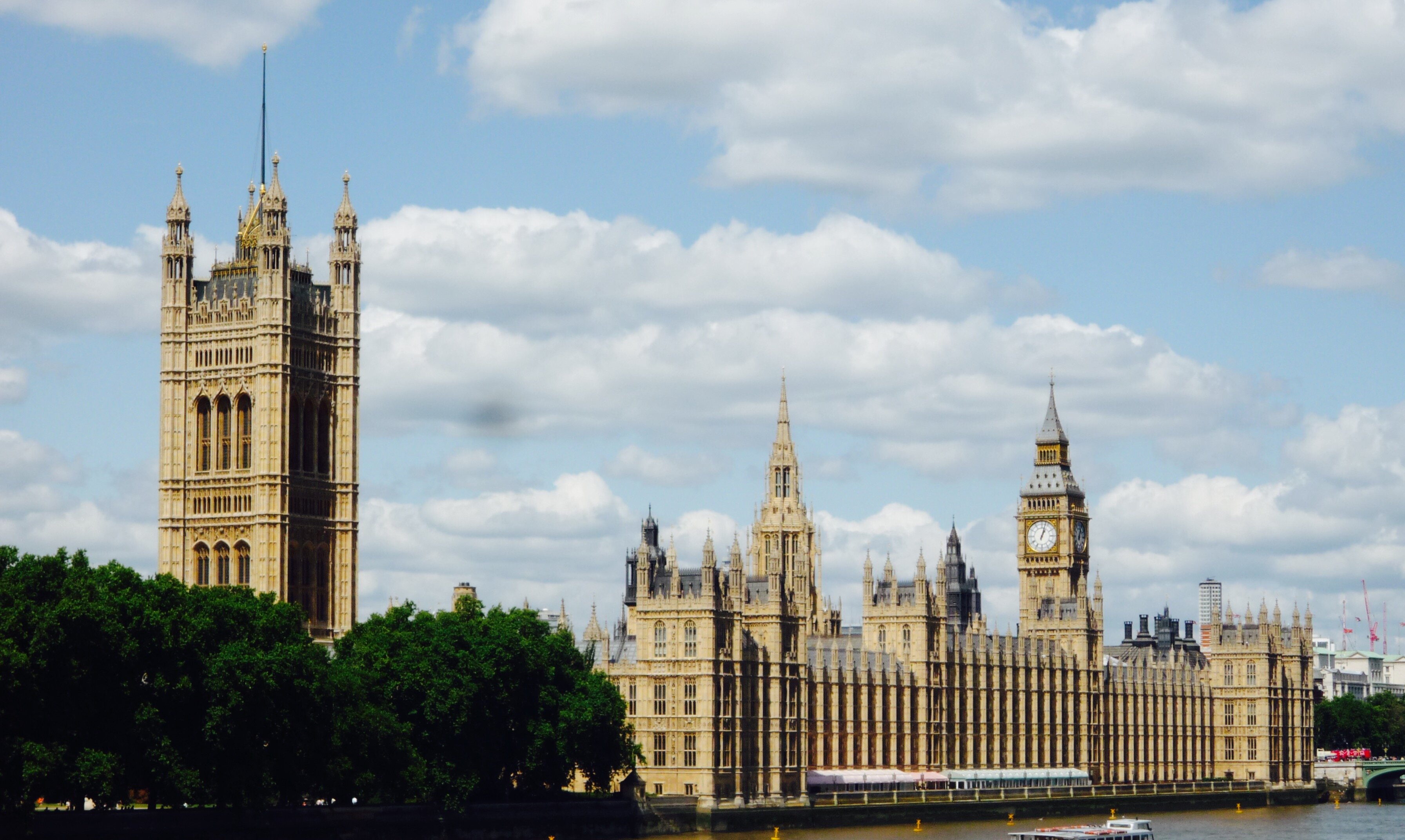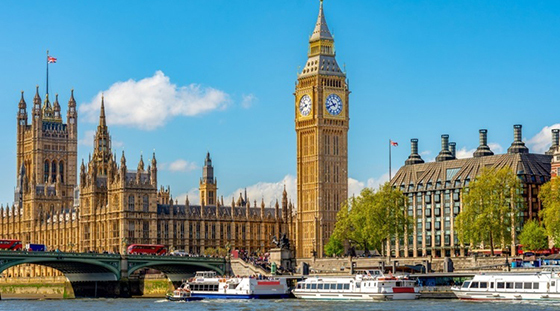Government renews commitment to business rates reform in Queen's Speech
The government has confirmed its commitment to a review of business rates in today’s Queen Speech, and stated that revaluations will be held on a three-year cycle from 2021.
The next revaluation will take place in 2021, a year earlier than expected, with the government saying it would “reform business rates to protect high streets and communities from excessive tax hikes and keep town centres vibrant. We will bring forward the next business rates revaluation and make future revaluations in England more frequent."
Additional discounts for pubs and retail premises were also announced, however there was no mention of this being extended to restaurants at this time.
Reform of the business rates system has been welcomed by UKHospitality. Chief executive Kate Nicholls said: “Improving the business rates system is paramount and the government commitment to a review is very welcome. Rates have arguably been the single biggest barrier to growth for hospitality and a shake-up of the whole business tax system is overdue. UKHospitality has been pushing for a review vocally and persistently for years so it is great to see the government listening to our message.
“Additional support for pubs, which have been hit so hard by rates in recent years is a great first step. This support does need to apply to the whole of hospitality, though, and we will continue to push the government to ensure that the business tax system is fit for purpose in the 21st century.”
Legislation to take the UK out of the EU on January 31 was introduced and the government again stated its plan to end free movement and introduce an Australian style points-based system that, it says, will attract the “brightest and the best from across the world”.
Schemes for NHS workers and seasonal agricultural workers are outlined alongside an ability for sector-specific allowances for what the government describes as ‘low-skilled’ workers. These would provide no route to permanent settlement and would be revised on an ongoing basis under advice from the Migration Advisory Committee.
Nicholls added: “We are also pleased to see the government move towards an immigration policy which supports the economy and businesses. A fair and managed, three-tier system at all salary and skilled levels, hand-in-hand with investment in skills and training, is a must. This will avoid exacerbating labour shortages, keep the economy at full strength and allow hospitality to continue its work boosting the domestic workforce. An immigration system which is evidence-led and values skills at all levels is essential for hospitality and the wider economy.”
Legislation introduced around employment included an increase in the National Living Wage (NLW) to reach two-thirds of median earnings in five years and the extension of the NLW to those aged 21 and over.
Legislation around tipping remains on the government’s agenda, alongside greater protections for workers including a right to request a more predictable contract and flexible working becoming the default unless employers have a good reason not to allow it.




















